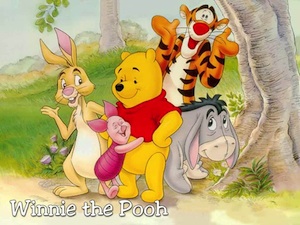Rick Ritchie argues that Bible-lovers should be bibliophiles: “. . . my call is not merely for Christians to read, but to read more, to read more broadly, to read more broadly together.”
There are three stages in the history of God’s people which can be used to show three ways Christians can benefit from reading. Tradition itself is no infallible standard which can be imposed on the consciences of Christians, but if past practice can be shown to be reasonable, we may miss something worthwhile if we ignore it.
The first stage in the history of God’s people with books came with the writing of the Scriptures. Unlike an oral tradition, written Scriptures required literacy in order to be understood, so the people became literate. The second stage came with the confrontation of Christian teaching with pagan learning. When learned pagans argued that Christianity was unreasonable, Christian teachers had to know how to refute, reinterpret, or assimilate the teachings of their opponents. Critics of paganism became literary critics. The beginning of the third stage cannot be located with any precision, but this stage begins for any Christian reader when the ability of a book to set forth possibilities is exploited to a Christian end, allowing the Christian reader to explore the feasibility of other forms of Christian life. In each of these stages, a new reason was given for the Christian to take up books and read them. I wish to explore each stage and see what it has to offer as an incentive to today’s reader.











